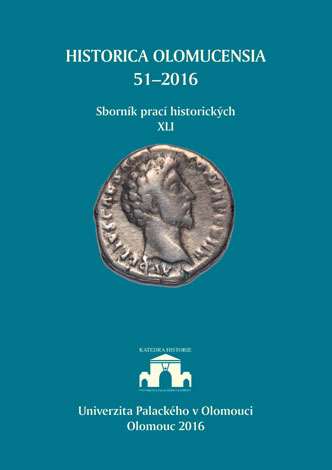Habent sua fata libelli (Osudy knih a knihoven v antice)
Habent sua fata libelli (The Fates of Books and Libraries in Antiquity)
Author(s): Karla VymětalováSubject(s): History
Published by: Univerzita Palackého v Olomouci
Keywords: Hellenistic culture; history of books; library; Mouseion; Pergamon
Summary/Abstract: In the 4th century BC books increasingly became a property of individuals who began to found their private libraries. Th e most signifi cant of them was the library of Aristotle in Athens. Fates of a part of its works are a proof of political convulsions of this period but also an evidence of the fact that a book became not only a source of education but a treasurable property or a welcomed loot. At the beginning of the 3rd century BC, this private initiative is took over by the Ptolemaic dynasty in Egypt, a hundred years later by the Attalid dynasty in Pergamon, who used a foundation of a library, its funding and organisation, as a tool for self-representation and entrenching their own power. It has been Mouseion and its library in Egyptian Alexandria, which has become the symbol of the Hellenistic culture and education, and of which fates are followed until its destruction in this article.
Journal: Historica Olomucensia. Sborník prací historických
- Issue Year: XLI/2016
- Issue No: 51
- Page Range: 13-28
- Page Count: 16
- Language: Czech

